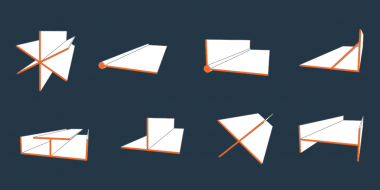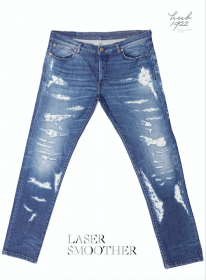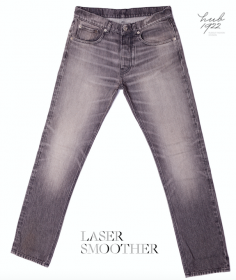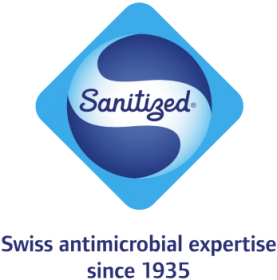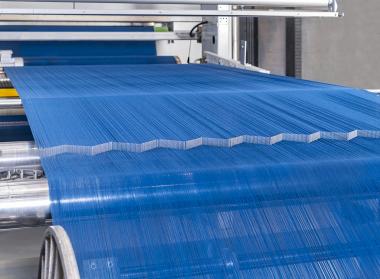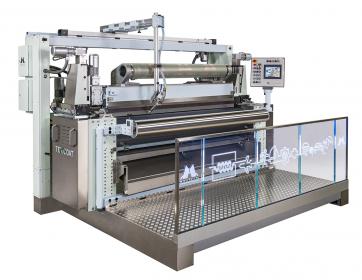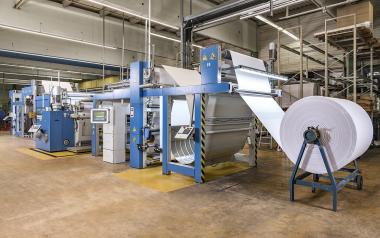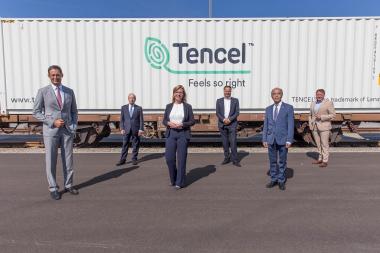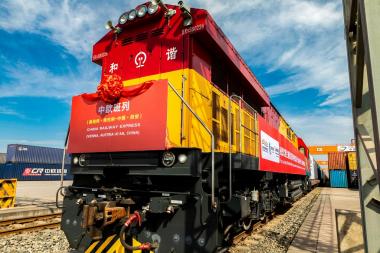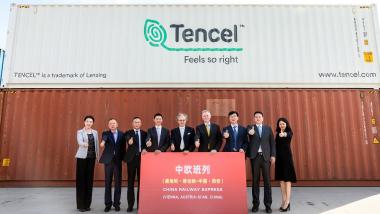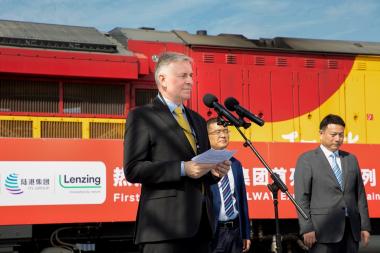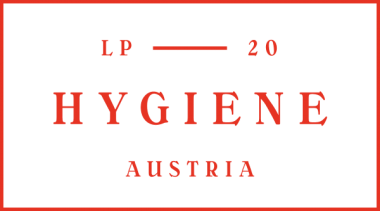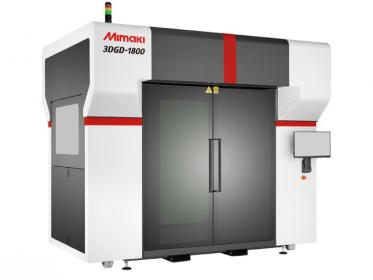Lakme Fashion Week: Indian fashion meets Japan with Bemberg
- Lakmé Fashion Week 2020
- Bemberg™ fibers empower “Tattva”
- Hemang Agrawal's new craft-tech collection
Smart tech fibers, contemporary style and heritage. Past, present and future are intertwined in the new ‘Tattva’ collection by famous Indian designer Hemang Agrawal who has teamed up with Bemberg™ by Asahi Kasei, the Japanese yarn manufacturer leading in both high-performative innovation and sustainability. The collection comprises textiles entirely conceived and created by the designer. A new chapter for Bemberg™ glamorous uniqueness for high-end fashion, first Japanese reality that participated at Lakmé Fashion Week 2020, the biggest fashion event in India.
Made from the smart-tech transformation of cotton linters pre-consumer materials and converted through a traceable and transparent closed loop process, Bemberg™ fibers add responsible values to the collection, matching perfectly the vision and the ethic of Hemang Agrawal, a designer with more than one eye on sustainability, innovation and deep knowledge and respect for traditional Indian crafts and culture.
Tattva debuted at the Lakmé Fashion Week 2020 and comprises 40 exquisite pieces for men and women, all inspired by the 12 Tattva – the natural elements bringing harmony in the universe, according to the Indian scriptures and tradition. Motifs representing these elements, including quirky versions of moon-phases, tigers, human mind & DaVinci’s Vitruvian man were woven into the glittering fabrics. The collection was crafted harnessing the skills of Indian handlooms artisans in the designer’s hometown Benares (Varanasi).
Tattva featured Bemberg™ brocades as the predominant textile, along with plain Bemberg™ fabrics and a few blends. The result is a magnificent touch, fabrics are distinctively smooth like silk, second skin-like, shining, and bright. On top of that, Bemberg™ yarns add a new dimension in terms of sustainability and comfort by boosting antistatic and breathable performances, amazing precious touch while being also biodegradable and compostable.
“We are so happy that we participated in LFW and collaborated with Hemang Agrawal.” Says Mr. Hideto Tanimoto, General Manager, Bemberg™ Sales and Marketing Department. “The collection has come out really wonderful and has brought out the properties of Bemberg yarn such as noble sheen, smooth and soft touch, bright colour, supple drape amazingly. I strongly believe that the collection made significant impact on the sustainable fashion scene in India. We are expecting that the collection will be successful commercially and will help the local craftsman from Varanasi.”
The collection blends crafts and technology, Indian tradition and Japanese innovation, sustainability and high-end style. Designer Hemang Agrawal says, “The dexterity which the weavers in Benares have acquired, finds few parallels in the world. Although predominantly a silk-weaving centre, many master-weavers in the city are highly skilful in handling different yarn types. Japan, on the other hand, is well-known for its advanced technologies as well as its approach towards environment and sustainability as a country. Both these facts are well-reflected in the Bemberg™ Yarn”
“During our R&D, we found that the yarn, which is available in various counts and deniers is highly adaptable. The lustre, hand-feel, strength and colour depth are very well-suited for premium textiles, which come out of our looms. For the collection ‘Tattva,’ our endeavour has been to merge the skill-set of Benares weavers with qualities of the Bemberg™ yarn, to create textiles and apparel, which transcend the boundaries of what is termed as traditional Benarasi."
With the Tattva collection Hemang Agrawal and Bemberg™ by Asahi Kasei show a new way of making fashion: merging craft & tech, cutting-edge materials and deeply rooted traditions. A stunning collection marking the rise of craft-tech, a trend going beyond the dichotomy of ancient and new, injecting the human-based into the high-tech and a futuristic imprint into heritage. Like the 12 Tattva, a new harmony takes shape, intertwined into exquisitely stylish garments.
GB Network














